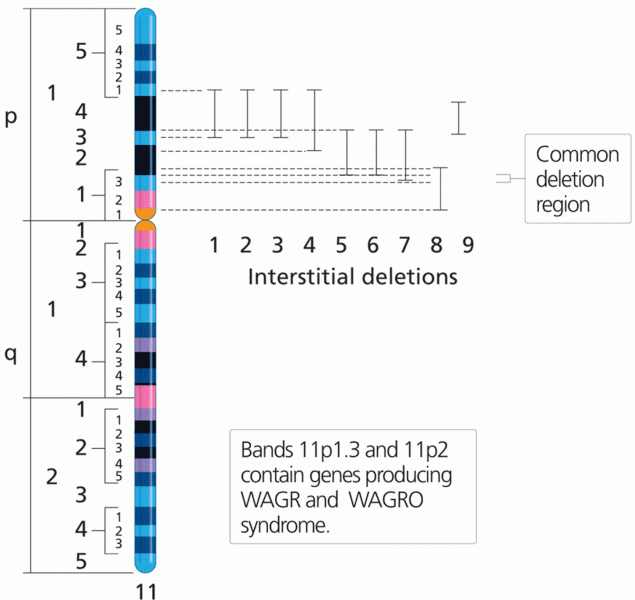|
|
|
The first oncogene was discovered in 1970 and was termed SRC (pronounced "SARK").
The U.S. Preventive Services Task Force recommends that all women age 65 years of age or older should be screened with bone densitometry.
On average, the stomach produces 2 L of hydrochloric acid per day.
The use of salicylates dates back 2,500 years to Hippocrates's recommendation of willow bark (from which a salicylate is derived) as an aid to the pains of childbirth. However, overdosage of salicylates can harm body fluids, electrolytes, the CNS, the GI tract, the ears, the lungs, the blood, the liver, and the kidneys and cause coma or death.
The liver is the only organ that has the ability to regenerate itself after certain types of damage. As much as 25% of the liver can be removed, and it will still regenerate back to its original shape and size. However, the liver cannot regenerate after severe damage caused by alcohol.







